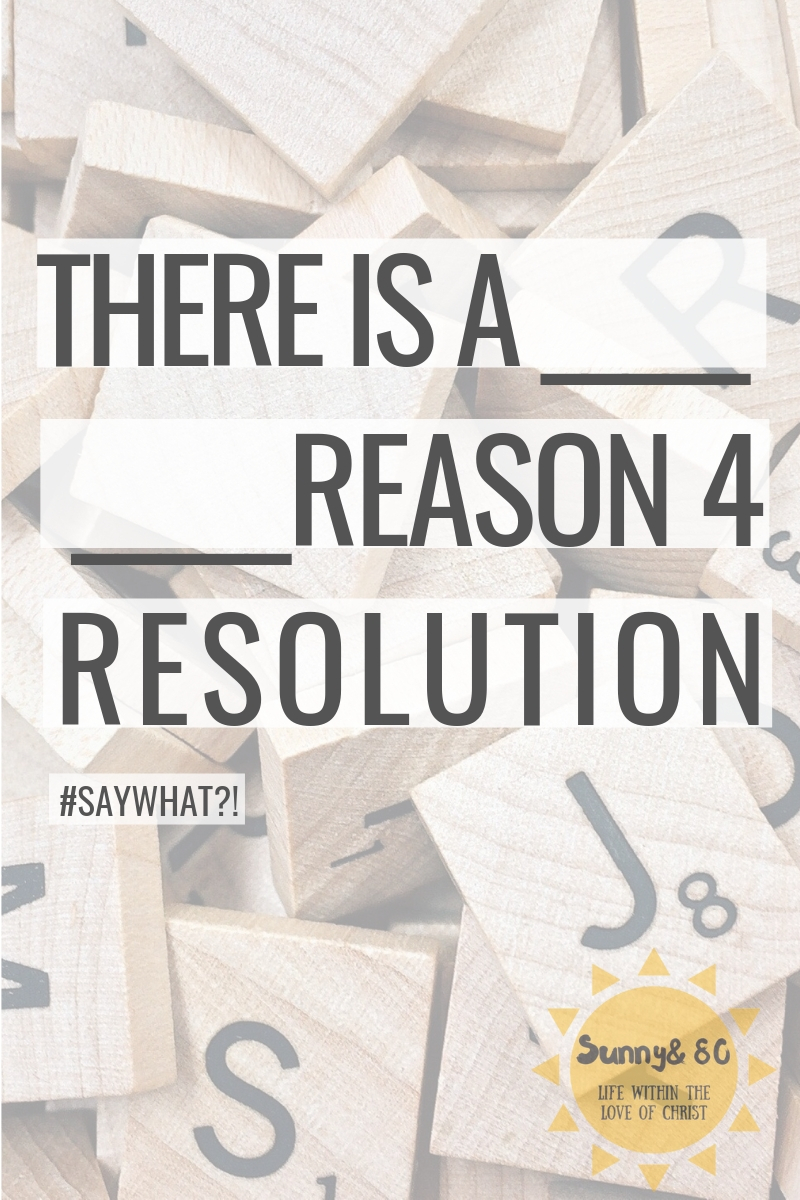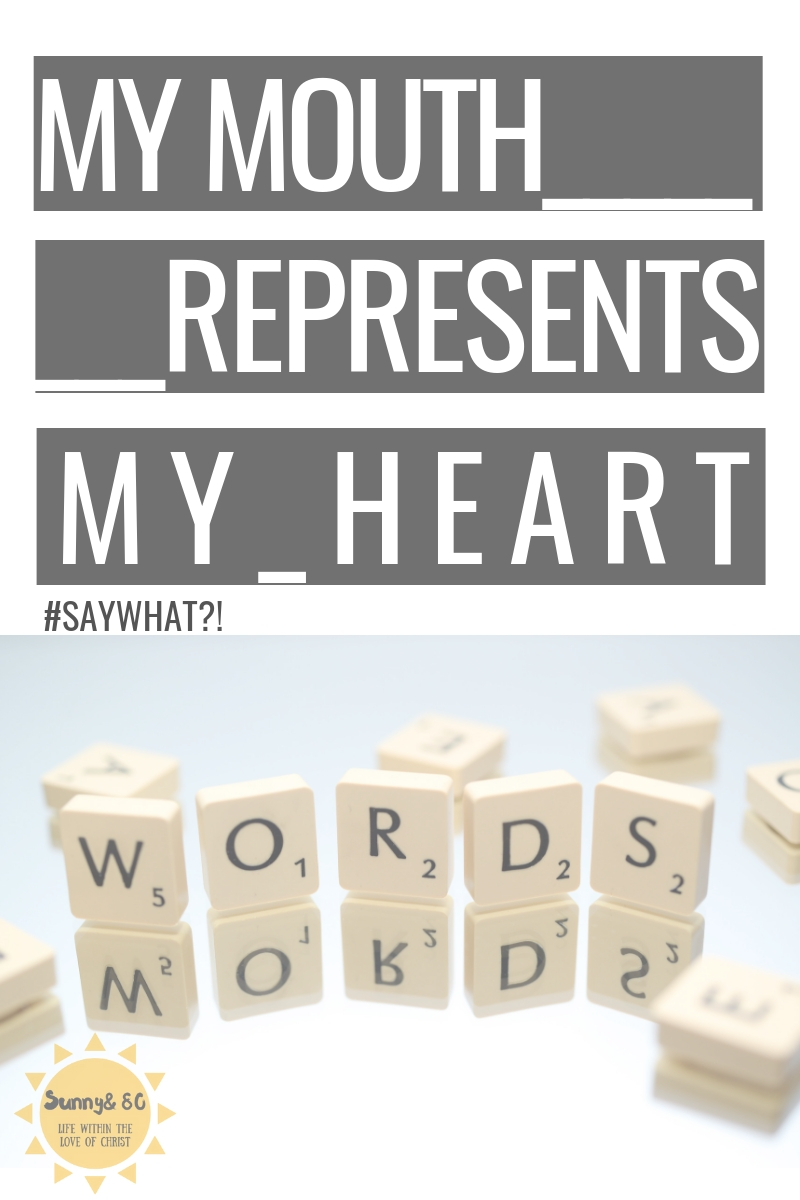Hashtags are now a part of verbal communication. The words we # have power the power to create searchable content. The words we verbalize, type, text, share and air hold the power to dignify or deflate.
My current parenting resolution is #dontraisemyvoice. Once I factor out school, playing with friends and extra curricular activities, I only have to hold it together for 3 or 4 hours on weekdays. Most would say my odds are pretty good, and I wish I could tell you it’s been a smashing success … but there’s a reason for resolution. #stillyelling

“The more you talk, the more likely you will cross the line and say the wrong thing; but if you are wise, you’ll speak less and with restraint.” Proverbs 10:19 VOICE
“Mom, you don’t have to apologize to us …we don’t even deserve you.”
What did I have to apologize for? #yelling. Unfortunately, lofted above the apology are the hashtags formed while I was losing my patience. My careless words distort and begin to plant seeds of deceit …#lies.
Psalm 119:165 says “Great peace have those who love your law, and nothing can make them stumble.” We don’t always like, much rather love, God’s law in our everyday lives. Which is why our bad attitudes drip down into our words, and the opportunity to water lies in the minds of their recipients.
Great peace. “Complete security and well-being,” to be accurate. (NIV Study Bible Notes) People that have peace don’t need to make #dontraisemyvoice resolutions. What was I missing? Love.
Proverbs 10:12 says that “hatred stirs up conflict, but love covers all wrongs.” (NIV) The love in this verse is different. This love accomplishes what we cannot: love for a law that we don’t understand, like, or want to follow in the moment. The love of the Law, Himself. (Strongs 157/160)

My mouth represents my heart, which could be undergoing all manner of spiritual battles at any given time. The risk of blowing up at my kids is that they will start to believe and apply the wrong hashtags. Above the endearing and encouraging words I speak and pray over them for the 3 hours and 58 minutes I have with them some weekdays …they start to carry around …wear around …the other 2 minutes that I was overly critical and terribly impatient while they acted like the 8 and 10 years olds they are.
“Oh, yes I do have to apologize,” I explain, “because no matter how disobedient you are or impatient I am …I know better than to react like I did.”
“Above all, love each other deeply, because love covers over a multitude of sins.” 1Peter 4:8 NIV
Again, same English word, different definition of Biblical love. This time, “brotherly love, affection, good will, love.” This New Testament love is possible because of Jesus. Through Him, we can love each other with the same love that covers a multitude of sins. We can become living channels of His love.
When my bad attitude leaks out of my mouth, it’s a heart problem. My problem. Not my children’s fault. Not my husband’s fault. Not the ridiculous pendulum of a midwestern winter’s fault. (And not the Brown’s fault for not clinching a spot in the playoffs …OK a wild card spot -let me dream.) It’s a hearth issue. So, how do I fix it?
“The wise in heart accept commands, but a chattering fool comes to ruin.” Proverbs 10:8

- Get the Right Advice. The way to peace and love is through their Author. There’s no shortcut to this. I have to set aside time to read God’s Word before I talk to anyone else. Maybe you can handle conversations before Jesus and coffee, but I can’t.
- Listen to Your People. God doesn’t do coincidence. He places us purposefully. I can choose to walk through daily life paying attention to the people in my live, and focusing on how to love them well.
- Do it. Submission means to drop my way for the right way. Repeated, it becomes a reflex. In the case of my bad attitude controlling my mouth …I can consciously reroute that authority, choosing to apply wisdom before my words fly out.

Matthew 12:34 reminds, “the mouth speaks what the heart is full of.”
I speak love when I know who I am. Forgiven in spite of my 2 minute meltdown, and loved before I can find the discipline to fix it. When I wear those hasthags, I’m more likely to pass them on. #neverlovedless #alwaysforgiven.
Happy #-ing …
Megs
Good job, Meg! This one certainly hits home for me! I am so quick to sometimes “react” impulsively in a situation instead of stopping to think and then act, or else be quiet. To better gain control of myself, I have begun to pray daily for the Holy Spirit to empower me to not do what I would otherwise impulsively do – I ask Him to “Set a guard over my mouth” (Psalm 141:3), and to “help me to be quick to listen, slow to speak, and slow to become angry” (James 1:19). It really does help! It also helps to remember that the word “love” as used in 1 Peter 4:8 is the Greek word “agapē”. It denotes Love in its fullest conceivable form, putting the needs of others, and consideration of the feelings of others above our own – i.e., putting others above “self” in every circumstance. Jesus commanded us, “Just as I have loved you, you should love each other” (agapaō – John 13:34-35 (NLT)).
Jesus said our most important responsibility in life is to love (agapaō) God (Mark 12:28-30). Jesus went on to say that our second most important responsibility in life is to love (agapaō) other people (Mark 12:31). Jesus even calls us to extend our love to our enemies! Our first thought is likely to be, “I don’t see how it is possible to “love my enemies.” But if we look at it from Jesus’ point of view and understand what He actually meant when He said, “Love (agapaō) your enemies”, and that is, “to wish well, or to have regard for the welfare of others”, then it becomes possible with the enabling help of the Holy Spirit within us – and I think this is the key to all situations in which we tend to lose self-control, like raising our voice, or saying things that hurt and tear down instead of heal and build up others. With the enabling help of the Holy Spirit within us, we can overcome this tendency to lose our patience, lose our self-control, lash out without thinking in frustration or anger with words that hurt and can have a lasting negative effect on our relationships with others, and even on their own self-esteem.
Our words should be spoken in love to correct others (like our children), and to edify and build up others, not tear them down.
BTW, I have not received a daily devotion from you since the end of last year. Is that temporary, or have you stopped doing that? I saw this post on my Facebook timeline and decided to respond to it.
Regards,
Denis